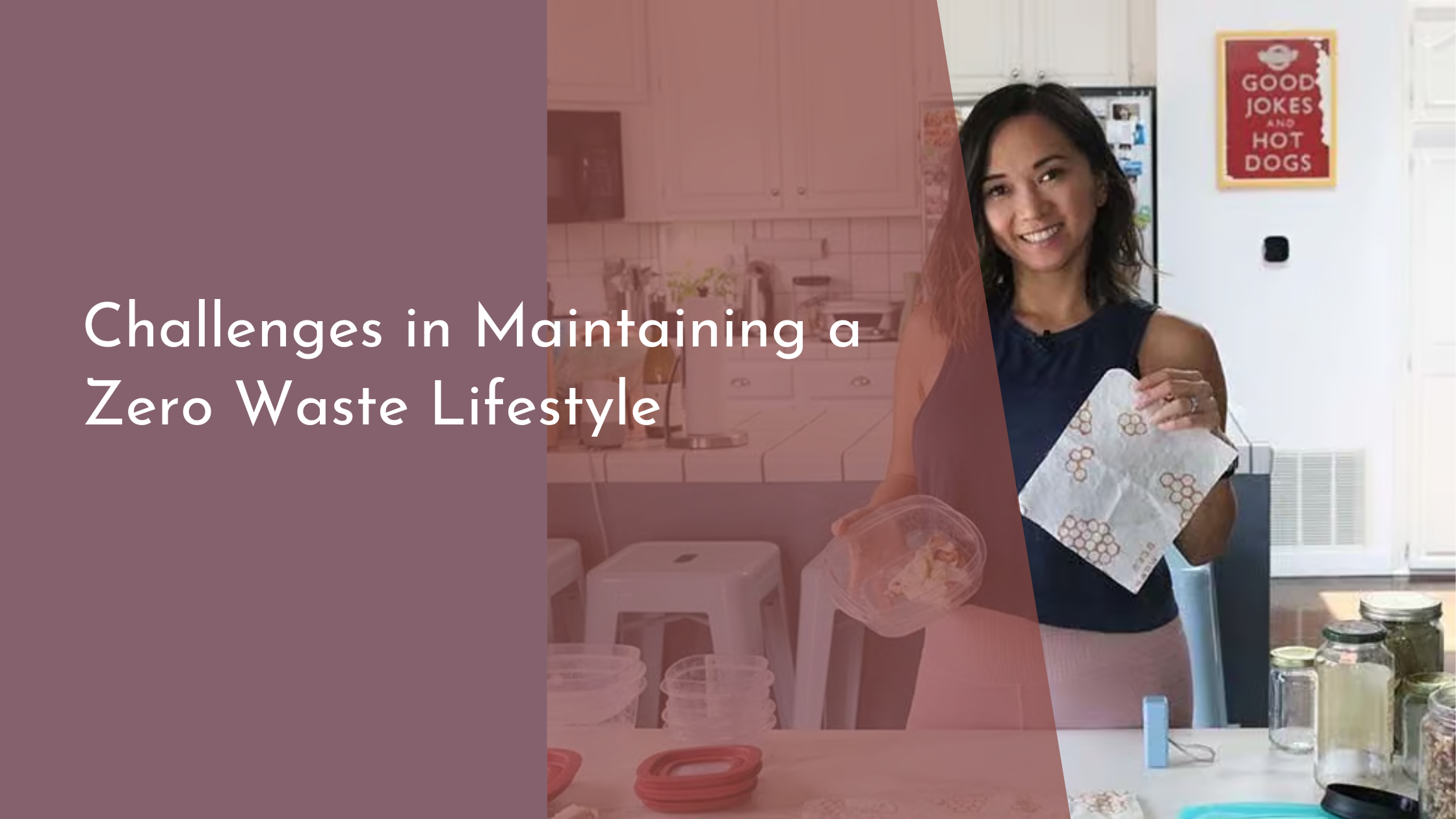Challenges in Maintaining a Zero Waste Lifestyle
The zero waste movement has gained significant traction in recent years as people around the globe become more conscious of their environmental footprint. Embracing a lifestyle that minimizes waste production is seen as a proactive way to contribute to a healthier planet. However, transitioning to and maintaining a zero waste lifestyle comes with its own set of challenges. This article explores the intricacies of the zero waste movement, the hurdles faced in daily practice, the pursuit of eco-friendly alternatives, and the importance of community support.
Understanding the Zero Waste Movement
The zero waste movement is not just about drastically reducing the waste that ends up in landfills; it also aims to reshape the systems that produce waste in the first place. At its core, the movement encourages individuals to follow the five R’s: Refuse, Reduce, Reuse, Recycle, and Rot. By refusing items that contribute to waste, such as single-use plastics, and reducing overall consumption, the movement aspires to create a more sustainable and environmentally-friendly lifestyle. Reusing items extends their lifecycle and reduces the need for newly manufactured products, while recycling ensures that materials are repurposed rather than discarded. Composting, or “rot,” helps in breaking down organic waste naturally, further reducing landfill dependency.
One of the key philosophies behind the movement is the belief that everyone can make a difference. While large-scale changes often require policy shifts and industrial cooperation, individual actions can collectively lead to significant environmental impact. By understanding the zero waste principles and striving to implement them in everyday life, people can contribute positively to environmental conservation. This movement has sparked innovation and creativity as individuals seek new ways to reduce waste, from DIY projects to sustainable product development.
Common Obstacles in Daily Practices
Despite the movement’s good intentions, adhering to a zero waste lifestyle is not without its challenges. One of the most common obstacles is the prevalence of single-use products in the market. From plastic packaging to disposable cutlery, these items are often unavoidable, particularly in urban areas where convenience is a priority. Consumers may also struggle to find bulk stores or zero waste shops that align with their needs, making it difficult to avoid packaging entirely.
Additionally, the zero waste journey can be time-consuming and requires a shift in mindset. For many, the convenience of fast food or pre-packaged items is hard to give up, especially when juggling busy schedules. Preparing meals from scratch, for instance, can be more labor-intensive but is often necessary to avoid packaged foods. Similarly, making or sourcing sustainable alternatives for personal care or cleaning products might require extra effort and research. These daily challenges can deter individuals from fully committing to the zero waste lifestyle, despite their best intentions.
Finding Eco-Friendly Alternatives
To overcome these obstacles, many individuals have turned to eco-friendly alternatives that align with their zero waste goals. One popular approach is purchasing in bulk, which reduces packaging waste. Many stores now offer bulk sections where customers can bring their own containers to fill with grains, spices, and other essentials. For personal and household products, there are now a plethora of sustainable brands offering items such as bamboo toothbrushes, reusable cloths, and package-free shampoos.
Another strategy is adopting a DIY approach to common household items. From making homemade cleaning solutions using vinegar and baking soda to crafting beeswax wraps for food storage, DIY projects not only reduce waste but can also be cost-effective. These alternatives often come with added health benefits, as they typically avoid the chemicals found in conventional products. By gradually integrating these changes into everyday life, individuals can make significant strides towards achieving a zero waste lifestyle.
Building a Supportive Community
A strong community can be a vital asset in maintaining a zero waste lifestyle. By connecting with like-minded individuals, people can share tips, resources, and encouragement, making the journey less daunting. Many cities now have zero waste groups or online forums where individuals can exchange information about local resources, such as bulk stores or composting facilities. These communities often host events, such as swap meets or educational workshops, to further foster a sense of belonging and collaboration.
Engaging with a community not only provides practical support but also emotional motivation. Knowing that others are facing and overcoming similar challenges can be incredibly reassuring. By participating in community-driven initiatives, individuals can amplify their impact and inspire others to join the movement. The shared goal of reducing waste and promoting sustainability can unite people from diverse backgrounds and create a collective effort that drives change on a larger scale.
The path to a zero waste lifestyle is paved with challenges, yet it is also rich with opportunities for growth and connection. By understanding the principles of the movement, tackling daily obstacles, seeking eco-friendly alternatives, and building a supportive community, individuals can make meaningful progress towards a more sustainable existence. While the journey may require dedication and adaptation, the benefits extend far beyond personal satisfaction—they contribute to the well-being of our planet and future generations. Embracing a zero waste lifestyle is a powerful step towards a cleaner, healthier world, where every small action counts.

